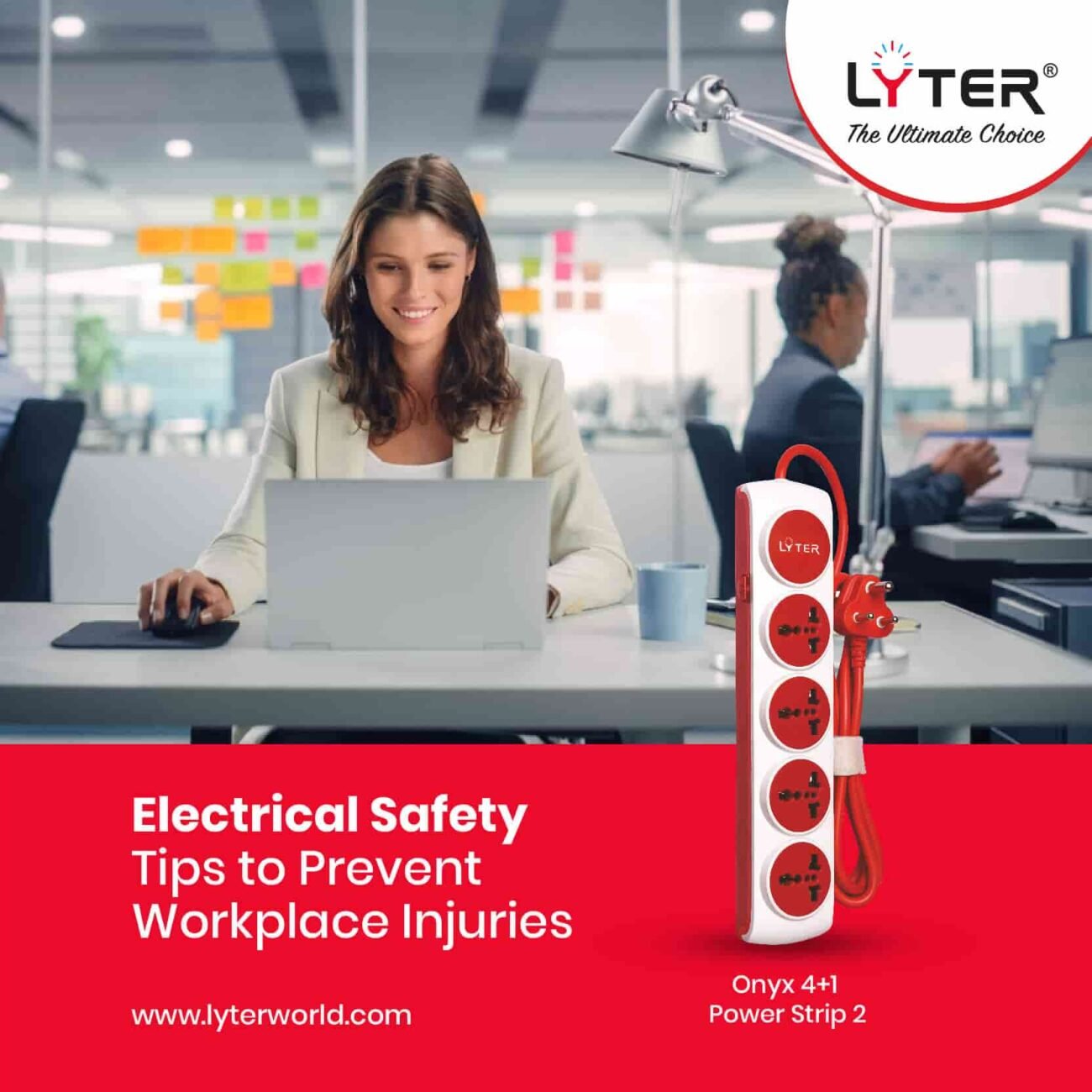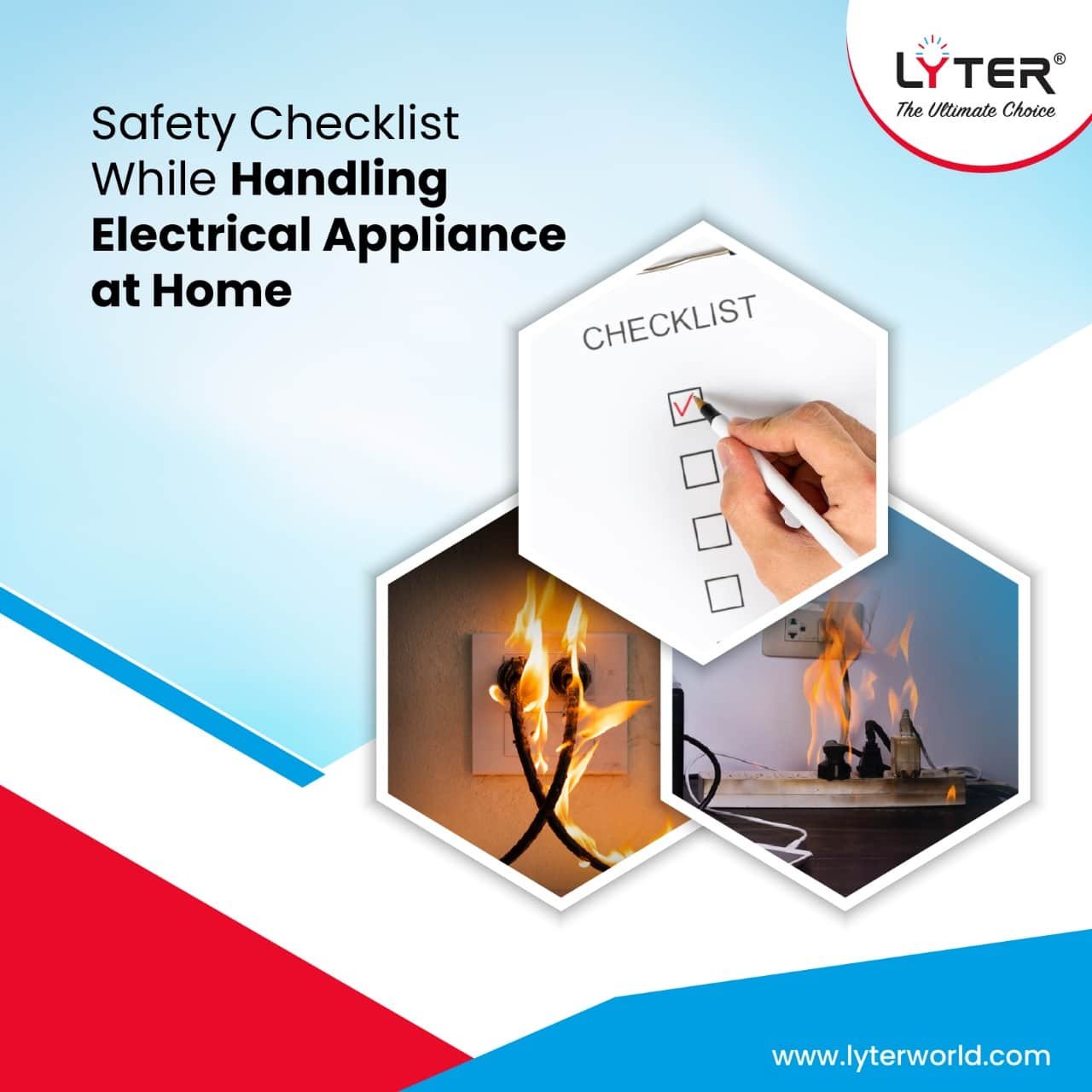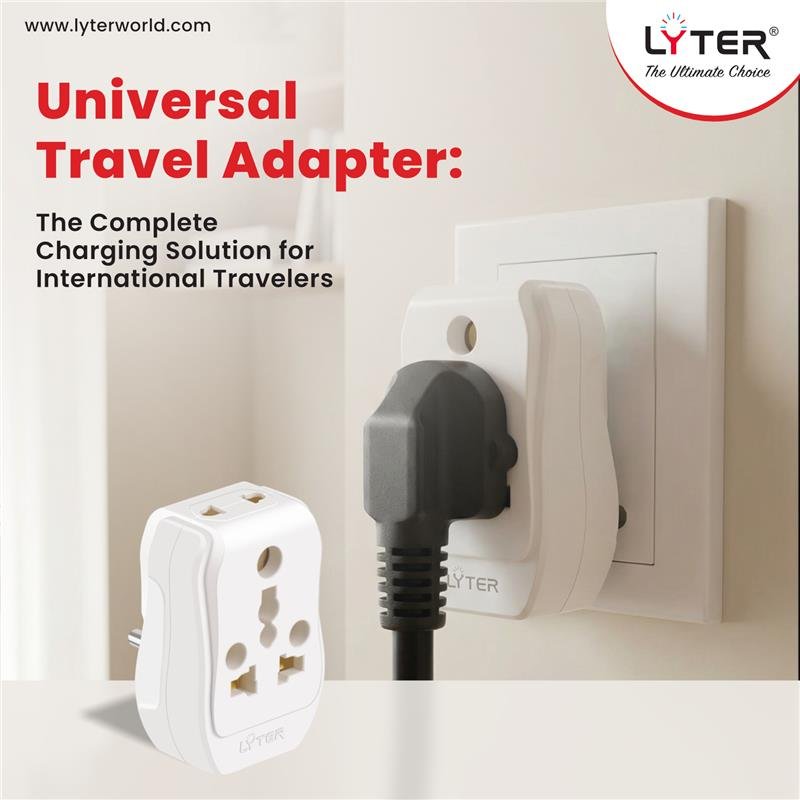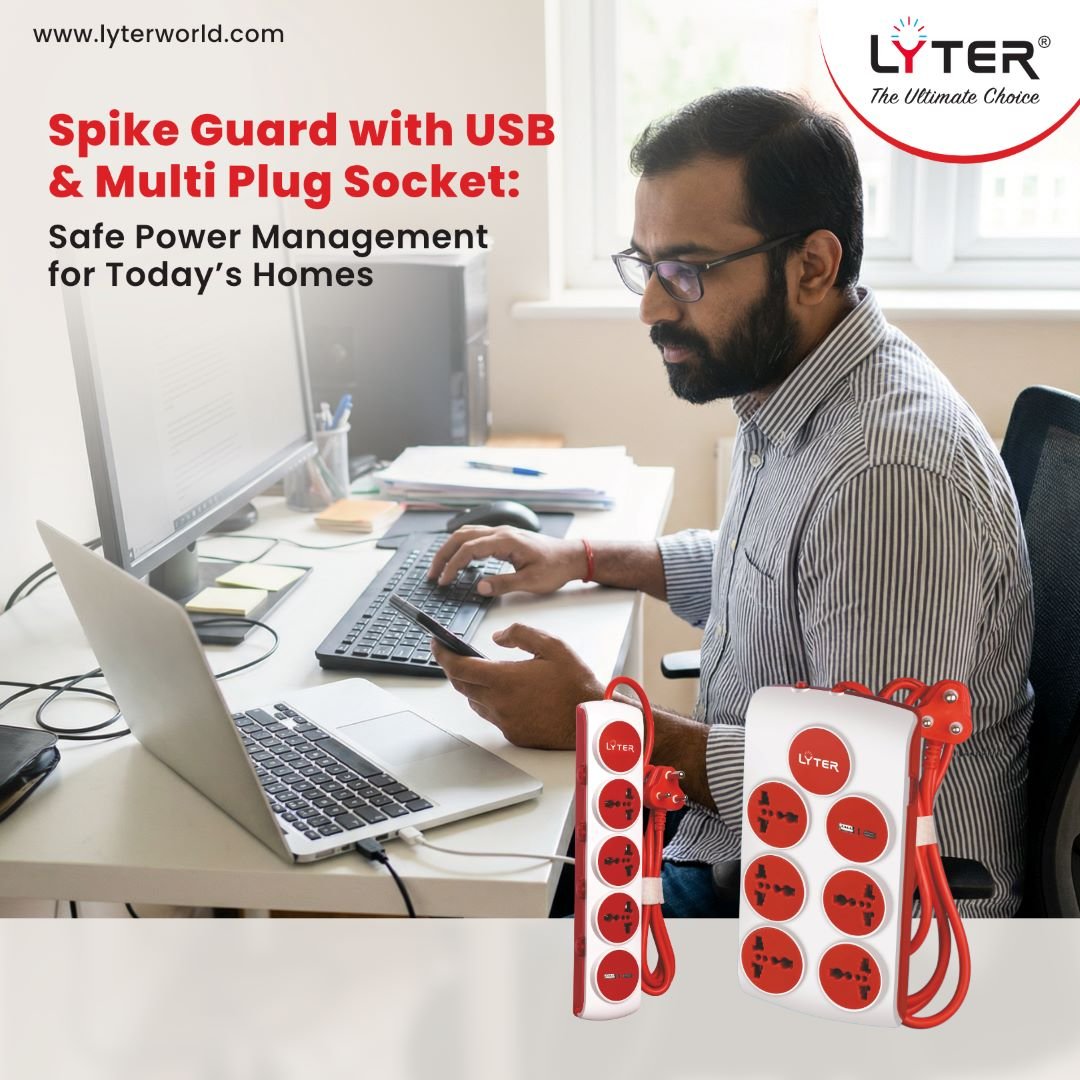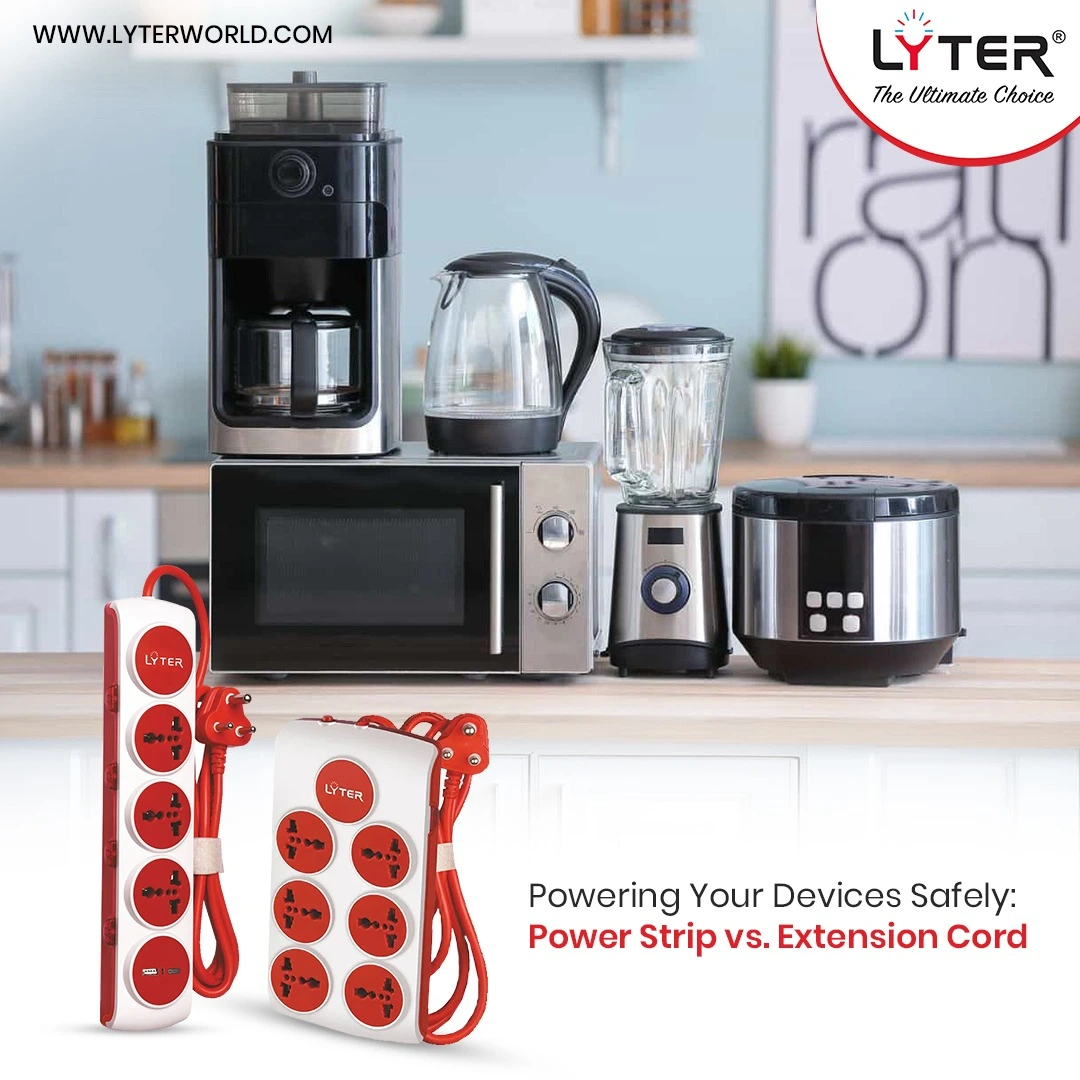Do you realize how much we are dependent on electricity to perform the most basic day-to-day tasks? Today, almost every workplace operates on electricity regardless of the type or size – talk about the basic lighting of the workplace to provide power to computers, printers, and projectors. As a result, we are highly exposed to electrical injuries. One can avoid such electrical injuries at the workplace just by following certain electrical safety tips followed by regular maintenance and extra attentiveness. Here are some safety tips mentioned below to avoid hazardous incidents.
1. Avoid Wet Conditions –
Avoid using electrical appliances like printers, multi plug, or sockets in wet locations or near wet surfaces. Never use electrical appliances if your hands are wet or the equipment is wet.
2. Use Extreme Caution When Working With Flammable Materials –
In areas with flammable vapors, fumes, or dust, electrical equipment that can catch fire should not be used. The only exceptions to this rule are when trained employees take steps to lock out and isolate electrical energy sources before these potentially flammable items may be utilized or when the electrical equipment is intended for use in these situations. Therefore, it is important to follow basic electrical safety tips at the workplace to avoid the risk of fire.
3. Electrical Shock Is A Serious Issue –
Humans are good conductors of electricity. When an open electric circuit comes in contact with your body, you’ll get a shock. When you get a shock, the electric current with pass through your body from one part to another causing immense pain and burns sometimes and it also causes damage to your tissue, muscle, and nerves. How to prevent electrical shock? Simply buying appliances that are shock-resistance and energy efficient. And what’s better if you get all this at Lyter – one of the most reputed electrical brands that offer a wide range of products right from pendant holders to night lamps, we have it all.
4. Grounding –
Grounding an electrical term that refers to a low-resistance path that connects to the earth and prevents the build-up of voltages that could result in an electrical accident. For your safety and to avoid receiving an electrical shock, be sure that all equipment is grounded. Unwanted voltage is eliminated and the risk of electrocution is decreased by proper grounding. Guarding is a secondary preventive technique that can be used, to further reduce the risk of electrical hazards. Grounding is one of the most effective electrical safety tips that can reduce the risk of electrical hazards to an extent.
5. Circuit Protection –
When a wiring system experiences a ground fault, overload, or short circuit, circuit protection devices immediately reduce or stop the flow of electricity. Circuit protection devices include fuses, circuit breakers, ground faults, and arc fault interrupters, among others. Keep in mind not to connect power strips to other outlets. The sockets shouldn’t be overloaded. Use a power board if there are multiple connections. Use just one power board per wall outlet.
6. Insulation Ensures Protection –
Shocks, fires, and short circuits can all be avoided when insulators like glass, mica, rubber, or plastic are used to coat metals and other conductors in order to reduce the flow of electrical current. Effective insulation has to be suitable for the voltage being used as well as other environmental conditions such as moisture, oil, gasoline, corrosive gases, or other chemicals that could lead to the insulator failing.
Over to you
Both employers and employees are accountable for workplace safety. Employers must hire licensed and skilled electricians for all electrical-related tasks, including installation, inspection, and repair Or you can opt for premium quality appliances that are shock-resistant, durable, convenient, and cost-effective. Get in Touch with us right away!

